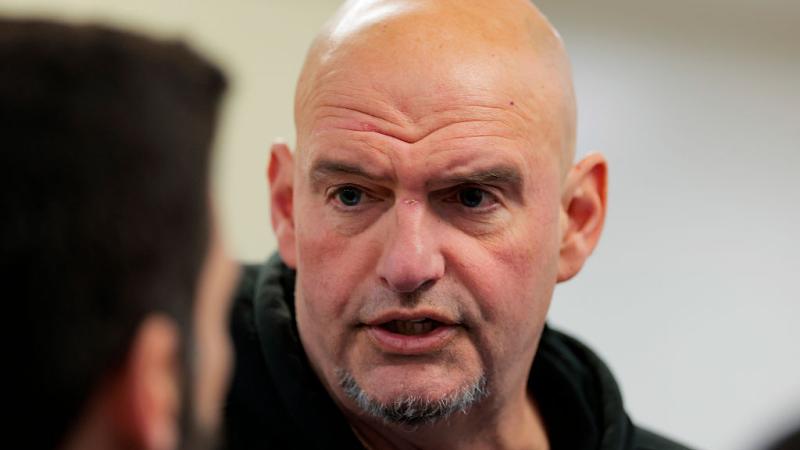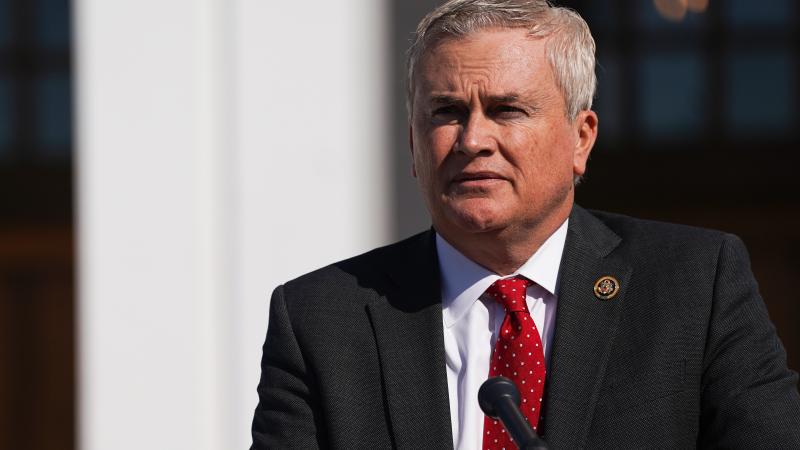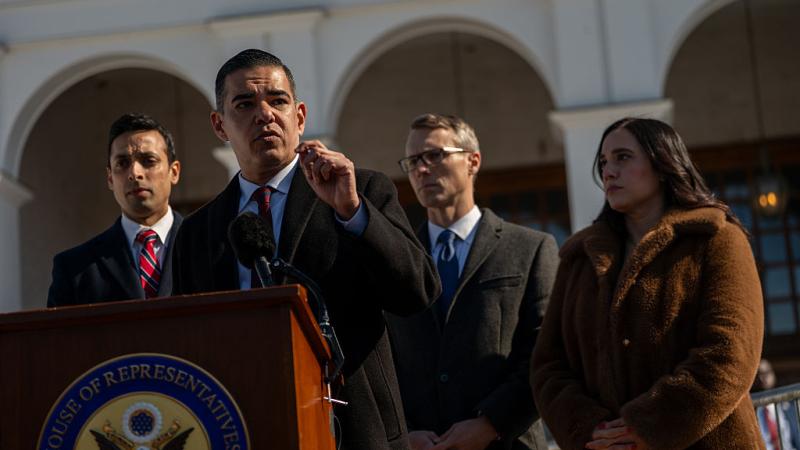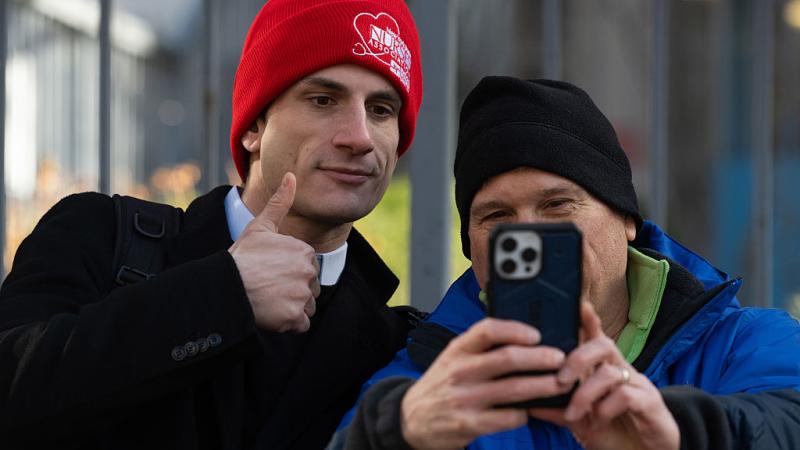Senator: New child safety bill not intended to 'burn the Internet' or 'destroy' social media
"We're empowering parents, and we're empowering children to work together," said Sen. Richard Blumenthal.
Sens. Marsha Blackburn (R-Tenn.) and Richard Blumenthal (D-Conn.) have unveiled the Kids Online Safety Act, which aims to provide children under 17 and their parents greater "control" to change privacy settings and the "addictive features" of social media platforms.
"I mentioned earlier the options that are provided to children and their parents, for example, to limit addictive features, like autoplay, rewards for time spent on the platform, distractive notifications," Blumenthal said last week during a news conference about the bill. "Children can assert control over the timelines that they spend on the Internet and on specific sites; they will have control over their privacy about certain information and whether it is actually taken from them.
"Tech companies will be required to afford and provide features that will enable them to exercise these kinds of powers, and parents will have visibility into what their kids are doing —the amount of time, purchases, for example, and to limit both purchases and time and potentially where their kids are going."
Blumenthal said the legislation permits "experts" access to the algorithms, information and data sets that Big Tech companies are using for content directed at children, which "can be shared with the public when appropriate."
"The duty of care would apply to the content that is driven to children," he said. "The tech companies will be held responsible by the FTC and by state attorneys general. There are effective enforcement mechanisms here, not just relying on the parents, although they will have the option of reporting, or children, and they can report, as well, harms to minors, but overall, greater transparency, better enforcement, tools that can be used to limit these features and the content when it is unwanted, toxic, destructive."
Blackburn said the legislation deals with how children are contacted on social media platforms like Facebook.
"It would include a provision that limits the ability of other users to find and contact minors and to view their personal data," she said. "And that is a provision that parents, that physicians, individuals that work in trafficking organizations have recommended."
Blumenthal was asked what he thinks is the appropriate age for a parent to allow their child to create social media accounts.
"The proper age for or appropriate age for one kid may not be the same as another, and that's a responsibility of parents," he said. "But we're empowering parents, and we're empowering children to work together. And, again, our purpose here is not to burn the internet to the ground, not to destroy tech platforms ... or these sites.
"It is simply to enlist the social media platforms in this joint effort to achieve what should be a common goal: protecting children against eating disorders, bullying, self-harm, suicide, all of the bad stuff that right now all too often are driven by these algorithms to children, and to open those black boxes so that everybody knows and understands how they work."














